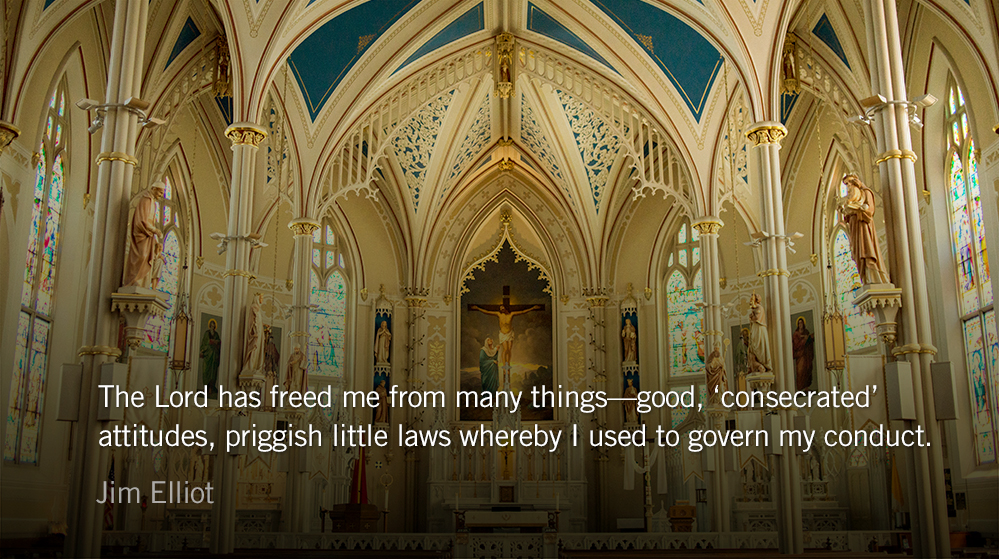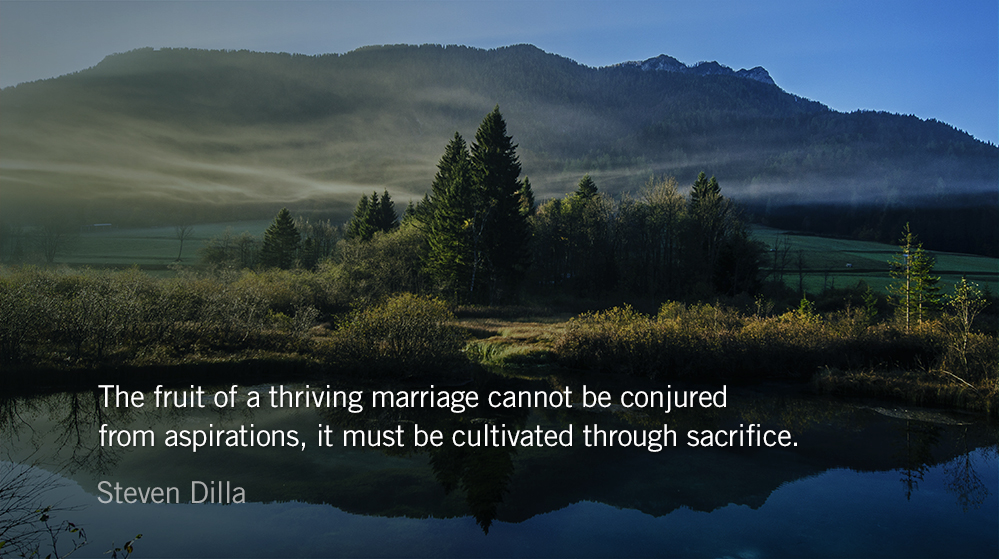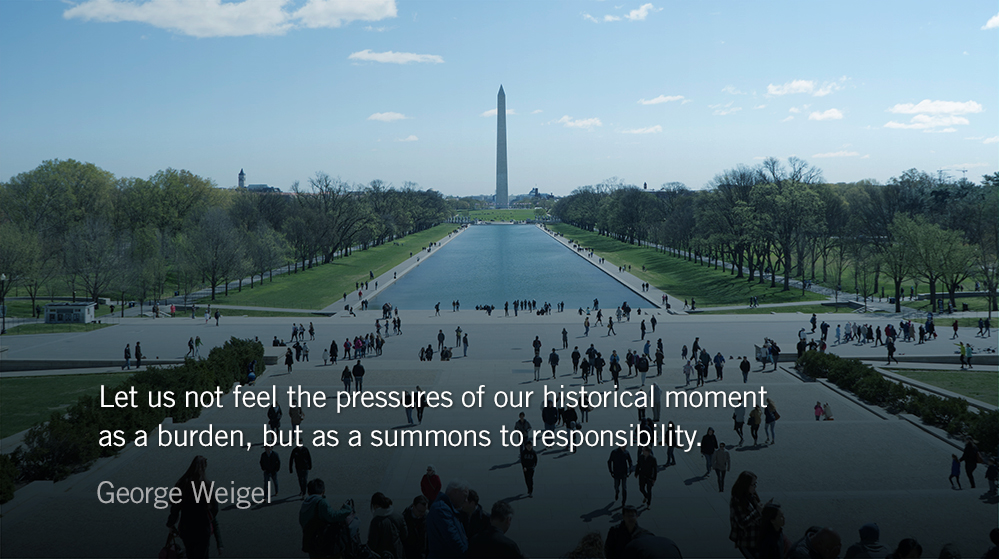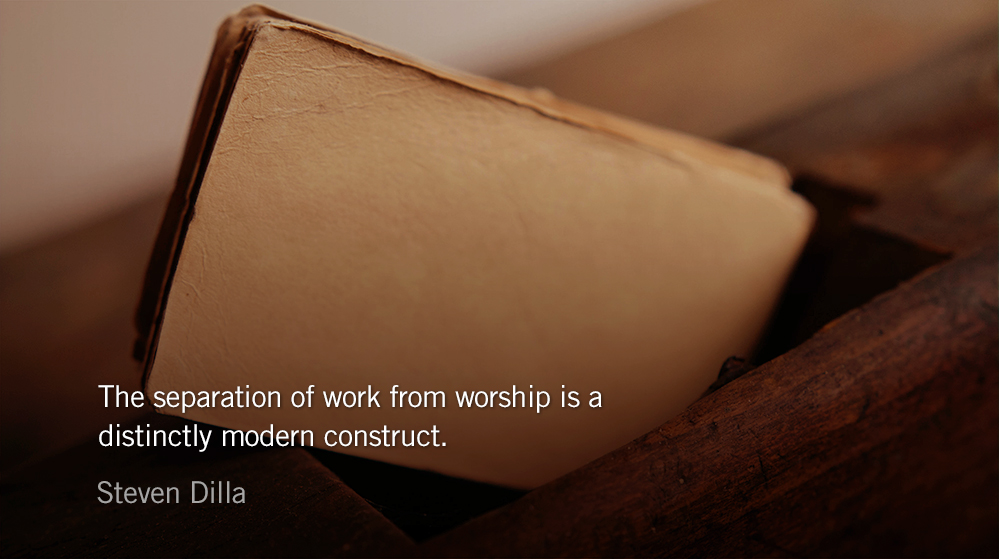Whoever is wise, let him attend to these things; let them consider the steadfast love of the Lord. — Psalm 107.43
“Since high school days Jim had judged his own conduct, and probably the conduct of others, by what he later called his, ‘code of don’ts,’” wrote Elisabeth Elliot of her late husband Jim. “Late in his senior year in college, he began to see that this was contrary to the teaching of the apostle Paul.”
In a journal she read after his martyrdom, Jim had written about how he confronted his judgment of others through cultivating humility in response to his own sin:
I note that my [entry] of a year ago seeks a time when I shall forget all my failure. Psalm 107 has wrought much peace of heart in this regard. Just today I was thinking of how God loves in spite of all my sin and has promised to bring us to the ‘desired heaven.’ He will perform until the day.
What matters of the resident Adam? What care for my bloating pride? What concern for attacking lust whose inner fifth-column betrays me to that enemy so often?
Perfect love casts out fear, and this blessed rest—in knowing He loves through all these things—makes them seem too worthless even to be thought upon. I know them. God knows them. I confess them. He forgives them. Oh that I might praise him worthily!
This personal transformation opened his life up for deeper community. Elisabeth explains, “With a new understanding of these principles, Jim discarded some of the old inhibitions which before he had regarded as prerequisite to holiness.”
Far from sparking an unregulated life, Jim’s newfound posture connected him with others and opened up opportunity for him to deepen his connection with the Spirit while he calibrated his spiritual freedom. Later in the journal Jim wrote:
A disruption of my previously pious ‘code of don’ts’ that used to motivate much of my action has occurred in the last three months. The Lord has freed me from many things—good, ‘consecrated’ attitudes, priggish little laws whereby I used to govern my conduct.
I experience new fellowship, new freedom, new enjoyment. But my pendulum swung too far. My liberty become license in some things, and a stumbling block to some people…. Let us earnestly have these decisions before God…. We can boast with David in prosperity, ‘I shall never be moved.’ ‘My heart confided in the Lord and I was helped, therefore my heart exults.’
Today’s Reading
Daniel 3 (Listen – 5:56)
Psalms 107 (Listen – 4:12)






